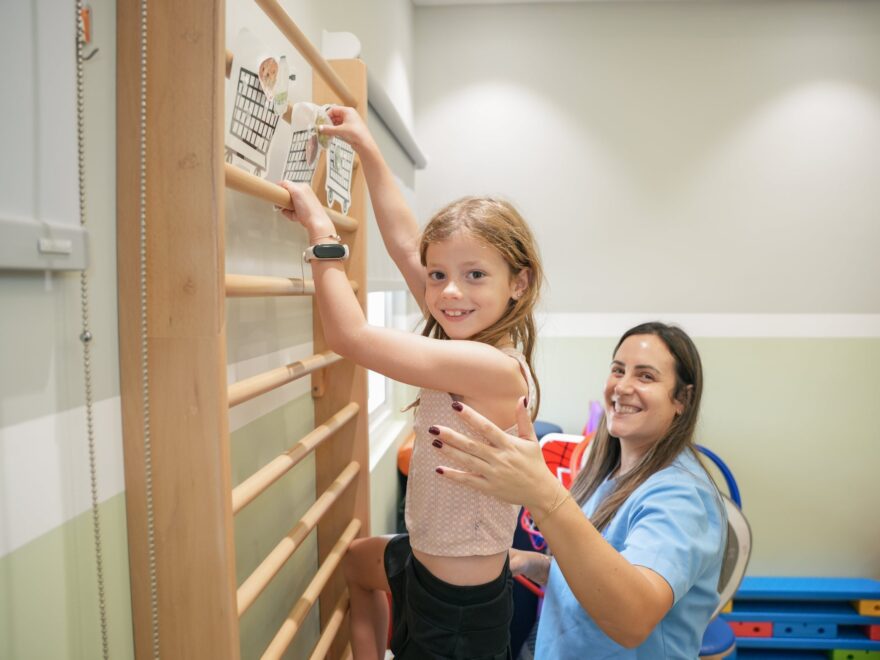Tummy time helps babies develop strength, coordination, and confidence as they grow. Spending time on their stomach allows babies to move muscles that support head, neck, and upper body control.
In infant physiotherapy, therapists guide parents on how to practice tummy time safely and gradually, helping babies build early skills for movement and comfort.
Strengthening Neck and Shoulder Muscles:
Tummy time encourages babies to lift and turn their heads, building neck and shoulder strength. These muscles support rolling, reaching, and later crawling. Gentle guidance from therapists can help babies practice lifting their head without discomfort, gradually increasing the time spent on the tummy to develop stamina and muscle tone.
Supporting Core Development:
Being on the tummy engages a baby’s back and abdominal muscles. Strong core muscles help babies maintain balance and stability in future movements. Physiotherapists demonstrate positions and playful exercises that allow babies to strengthen these muscles while remaining calm and comfortable during practice sessions.
Encouraging Motor Skills:
Tummy time allows babies to reach, push, and kick with their arms and legs. These small movements improve coordination, strength, and control. Regular practice supports the development of skills that will later help with rolling, sitting, crawling, and exploring the environment more independently.
Improving Sensory Awareness:
When babies spend time on their stomachs, they experience different textures, sights, and movements. This sensory input helps them understand their body in space. Therapists guide parents to introduce toys, mirrors, or gentle touches to make tummy time engaging, stimulating the baby’s awareness while keeping the activity enjoyable.
Promoting Visual Development:
Lifting the head during tummy time encourages babies to look around and track objects. This activity strengthens eye muscles, improves focus, and helps coordinate vision with movement. Therapists may suggest placing colorful toys or soft objects within reach to motivate babies to lift their heads and reach forward.
Building Confidence and Independence:
As babies practice tummy time, they gain control over their bodies and develop self-assurance. Each new movement, such as pushing up, rolling, or reaching, adds confidence. Caregivers’ encouragement during these sessions helps babies feel capable and ready to try new positions and explore movement safely.
Tummy time plays a key role in infant physiotherapy by supporting muscle strength, coordination, sensory awareness, and confidence. With regular, guided practice, playful encouragement, and gradual progression, babies develop the skills needed for rolling, sitting, crawling, and exploring. This early practice lays a strong foundation for healthy physical growth and early mobility.
